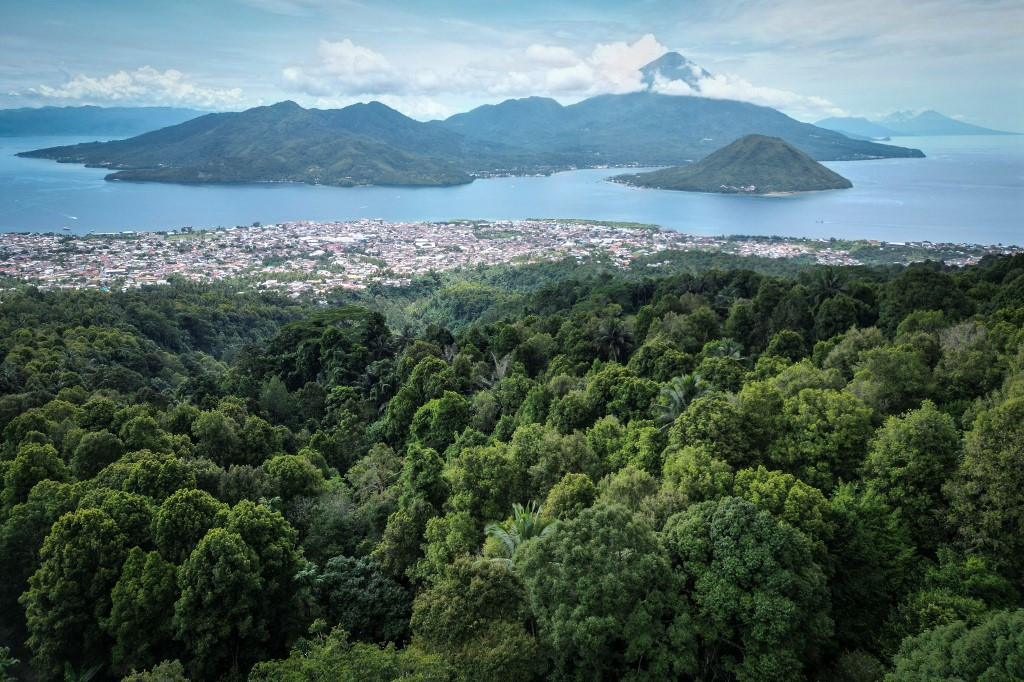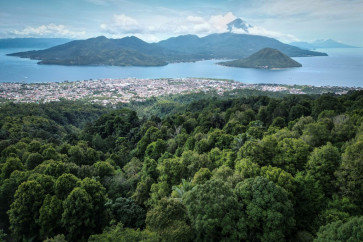Popular Reads
Top Results
Can't find what you're looking for?
View all search resultsPopular Reads
Top Results
Can't find what you're looking for?
View all search resultsClimate change takes spice from Ternate clove farms
"Today... rainfall is high. It's okay for planting, but it's uncertain for harvesting. It's often unpredictable," farmer Jauhar Mahmud, 61, told AFP.
Change text size
Gift Premium Articles
to Anyone
C
olonial powers once sought to wipe out cloves grown by locals on the island of Ternate to safeguard their monopoly over the prized crop. Today farmers say the gravest threat to their plants is climate change.
"Today... rainfall is high. It's okay for planting, but it's uncertain for harvesting. It's often unpredictable," farmer Jauhar Mahmud, 61, told AFP.
Nestled on the fertile foothills of Mount Gamalama volcano, Jauhar proudly shows off his favourite clove tree, which once reliably delivered profitable produce.
The fragrant flower buds that form the spice can only deliver their prized smell and taste in specific temperature and humidity ranges.
In a good season, the best of Jauhar's 150 towering trunks can spurt 30 kilogrammes of the aromatic spice used for medicine, perfumes, cigarettes and food flavourings.
But bad weather is becoming more frequent, causing uncertainty that makes prices fluctuate from $5.30 to $7.40 per kilogramme and life increasingly tough for farmers.
Food and Agriculture Organisation data from the past two decades shows Indonesia's clove yields vary significantly, more than rival producers. The yield in 2023, the last year data is available, was almost a quarter lower than a 2010 peak.



















